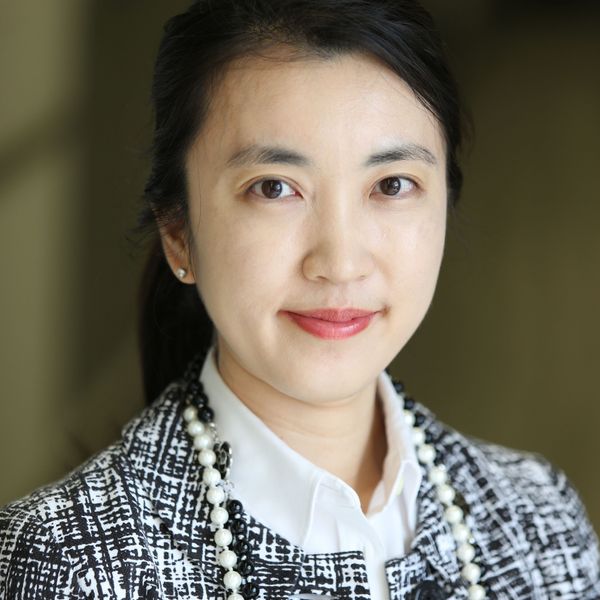
Julia TCW, Ph.D.
Assistant Professor of Pharmacology, Physiology & Biophysics and Bioinformatics
Director and Principal Investigator, Laboratory of Human Induced Pluripotent Stem Cell Therapeutics
Research Interests
Dr. Julia TCW received Ph.D. and A.M. in Molecular and Cellular Biology from Harvard University with research studies in induced pluripotent stem cell (iPSC) reprogramming in the Department of Stem Cell and Regenerative Biology. She then pursued her postdoctoral research in the Department of Neuroscience, Ronald M. Loeb Center for Alzheimer’s Disease, Department of Genetics and Genomic Sciences at Icahn School of Medicine at Mount Sinai, New York with a research focus of the development of iPSC models and study Alzheimer’s disease (AD) genetics. She achieved Druckenmiller Fellowship award from New York Stem Cell Foundation and K and R awards from NIH-NIA.
Dr. TCW’s laboratory is aiming at human induced pluripotent stem cell therapeutics. There are two main goals; 1) Deciphering functional mechanisms of Alzheimer’s disease (AD) genetics using in vitro iPSCs and in vivo iPSC/mouse Chimera models and 2) Developing in vitro model systems of human brain for drug screen.
- Much of the research focuses on the effects of AD genetic risks, especially Apolipoprotein E4 (APOE4), the most significant risk factor for late-onset AD on human brain cell types. The lab uses the forward genetic, unbiased multi-Omics computational (bioinformatics) approach to uncover pathways and network defects of AD genetic risks and demonstrate molecular mechanisms of the risk factors in CNS cell types derived from CRISPR/Cas9 genome-edited isogenic and population iPSCs. They develop novel computational pipelines to identify molecular and network drivers and integrate genetics and transcriptomics/proteomics for a functional genomic study. In vitro and in vivo work have been focused on efferocytosis, lipid metabolism, matrisome and inflammation in pure human microglia, astrocytes and organoids (multiple brain cell types as a whole) associated with AD genetic risks. Further, the lab is also collaborating with the industry to find a drug target for AD therapeutics.
- The lab has developed multiple novel CNS cell type protocols including astrocytes, microglia, pericytes, neural progenitors and glutamatergic neurons and continuously put our effort to advance the 2D models to 3D human brain model to establish efficient platforms for drug screen.